This post is part of a virtual book tour organized by Goddess Fish Promotions. Charlene Bell Dietz will be awarding a $25 Amazon/BN GC to a randomly drawn winner via rafflecopter during the tour. Click on the tour banner to see the other stops on the tour.
Negative criticism hurts, yet you have to laugh. It’s built into our DNA. Don’t believe me? Scold a toddler and watch the outrage in form of pouting or temper tantrums. When we’re involved in creating something, we never want to hear it’s a failure.
Writers hold dear the stories in their heads, which they mold into words and sentences for others. If wise, we have others critique our works before we send them out into the world. We do this by asking our friends, families, or the worst critiquer of all, our mothers. More accurate critiques come from dedicated critique groups. These groups have individual experiences of being told what’s wrong with their own writing. Trust me, they can’t wait to share their newfound knowledge.
For example, one might say to you, “When you write a gerund, don’t you know you must never say ‘you’ but ‘your’ before the gerund, such as, ‘I appreciate your giving me this hacksaw.’” Your critique partners will use their hard-earned information as a point of brilliance in their offering to make your work better. However, you know this advice is incorrect, because you’re focusing on a person, Sam, instead of the hacksaw. Your protagonist has asked five other people for a hacksaw, but it’s Sam who gives her one. You’re correct in writing, “I appreciate you giving me this hacksaw.”
When a piece of your writing gets a negative critique, or a reader suggests a correction in your published book, you have many ways to respond. A defensive, “How dare they!” reaction often jumps into our head. Next, we feel compelled to defend our writing in question. Neither response yields productivity. Instead, try my three ways to handle negative feedback.
Before reacting, take a deep inhale and exhale through your mouth, completely. This resets your brain and body, releasing tension. Practice doing this discretely when others are around so you can secretly deep breathe in your critique group. If you do this three times in a row, you’ll be surprised at how much calmer you feel.
Be polite, but chose to ignore: If your critiquer is an individual or a part of a group gathered for this purpose, say, “Thank you, I’ll take your suggestions into consideration.” Then you can let the advice simmer in your mind and decide later. When you’ve cooled down, if it’s right advice for your work, accept it. My first book opened with the words, “Die, old lady, please die.” My critique group exploded. I had to, they demanded, get rid of that line. They insisted, and so I did. I shouldn’t have. Many revisions later, that detonation of a line opened my story. Trust me, even if they reread your revised version, they’ll not remember what they said or know you’ve ignored their generous wisdom.
Recognize the truth and acknowledge: My first novel went through countless revisions, after being applauded, as well as, in part, shredded by my critique group over the years. When I knew it shined and emitted perfection, I’d send it off to a writing contest. However, the results would come back with a bit of praise, and in my mind, lots of scathing remarks. I don’t remember what the judges wrote, but they’d say something like this: Your first chapter doesn’t engage. This section doesn’t move the story forward. You aren’t letting the reader know what the other characters are doing. The reader needs more descriptions. The husband of the protagonist is one-dimensional. You’re writing in the weeds, here. You need another murder closer to the beginning. You’re overwriting.
Yikes! Should I quit? Should I respond back to them and explain why I wrote what I did?
No. Never give up. Never explain or justify. They don’t want to hear it, and they don’t care. It’s their opinion. Your job is to look at your manuscript with fresh vision. What if they’re right? You don’t have to believe them, but “What if?”
I rewrote my novel, giving careful considerations to the judges’ comments. I reinserted the “Die, old lady . . .” first line my critique group found objectionable. Then, I found a publisher. This book, The Flapper, the Scientist, and the Saboteur, won first place in the New Mexico-Arizona Book Awards, and when sent to Kirkus Reviews, it earned their coveted Kirkus Review: starred review.
When given negative feedback, take a deep breath, ignore it, or accept what’s appropriate and expand your writing knowledge.
A privileged teenager from Minneapolis in 1923, scraps her college scholarship and runs away to become a flapper in dangerous, chaotic Chicago. In her search for illusive happiness, she confronts the mob and then must contrive a way to not be murdered.
Enjoy an Excerpt
Kathleen continued, “You said you wished you could go to college with me. What if we could go somewhere together, not to college, but someplace where we could dance and act and you could sing? I bet with our talents, we could turn this horrid world into something much more joyful—help make it one big party.”
“How?” Sophie’s eyes opened wide.
“We’ll go where you won’t have to teach kids piano, or act or dance, unless you want. You’ll be able to sing your heart out and, who knows, maybe even write your own songs.”
“My mother would never let me.” Sophie looked off into the near distance.
“Sophie, we’ll get to wear sparkly dresses. And wouldn’t you love to wear those modern, classy clothes? We’d bob our hair even shorter, wear lipstick, and be around people who know how to have fun and not have a care in the world.” Sophie should see the photos in Kathleen’s collection of theater magazines again. Then she’d be excited too.
“I’m sick of funerals and consoling others,” Kathleen continued.
“Look at how miserable Dolly is. Aren’t you tired of that too? We’d be around progressive people, thinking people, people who know how to make the most out of life. They’re searching for talent, Sophie. We’ll fit right in.”
“Where, Kathleen? No one much appreciates our abilities here.”
“Chicago. There are all sorts of openings for attractive young ladies with well-turned ankles and voices like canaries. That’s what theadvertisements say.”
About the Author: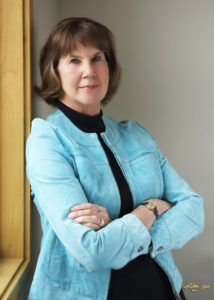 Charlene Bell Dietz’s award-winning mystery novels The Flapper, the Scientist, and the Saboteur combines family saga with corporate espionage, and The Flapper, the Impostor, and the Stalker propels readers back into 1923 in frenetic Chicago. The Scientist, the Psychic, and the nut gives readers a frightening Caribbean vacation. Her latest novel The Spinster, the Rebel, and the Governor is a historical biography about Lady Margaret Brent, the first American woman to be called an attorney, whose integrity and intelligence saves pre-colonial Maryland from devastation. This book won the New Mexico Press Women’s first place award and an award by the National Press Women. The Spinster, the Rebel, and the Governor will be released as a second edition by Artemesia Press in February 2024. Two of her Flapper books have won the coveted Kirkus stars, and two were named best book of 2018. Charlene, a retired educator, lives in the foothills of the mountains in central New Mexico where abundant wildlife, solitude, and natures’ beauty inspires her creativity.
Charlene Bell Dietz’s award-winning mystery novels The Flapper, the Scientist, and the Saboteur combines family saga with corporate espionage, and The Flapper, the Impostor, and the Stalker propels readers back into 1923 in frenetic Chicago. The Scientist, the Psychic, and the nut gives readers a frightening Caribbean vacation. Her latest novel The Spinster, the Rebel, and the Governor is a historical biography about Lady Margaret Brent, the first American woman to be called an attorney, whose integrity and intelligence saves pre-colonial Maryland from devastation. This book won the New Mexico Press Women’s first place award and an award by the National Press Women. The Spinster, the Rebel, and the Governor will be released as a second edition by Artemesia Press in February 2024. Two of her Flapper books have won the coveted Kirkus stars, and two were named best book of 2018. Charlene, a retired educator, lives in the foothills of the mountains in central New Mexico where abundant wildlife, solitude, and natures’ beauty inspires her creativity.
Buy the book at Barnes and Noble, Amazon, or Treasure House Books.
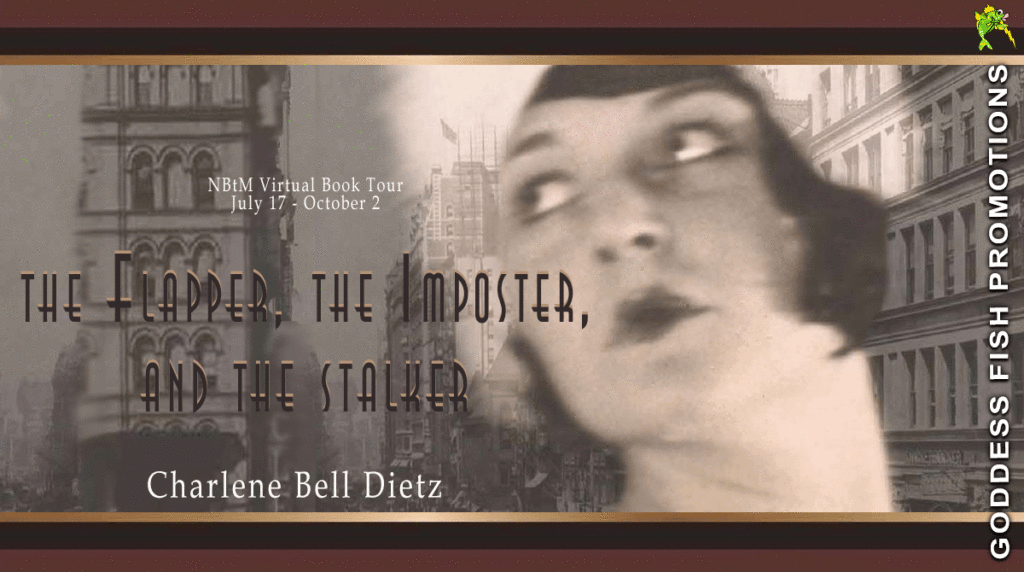
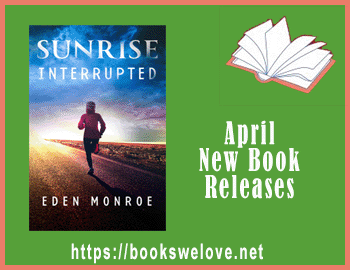
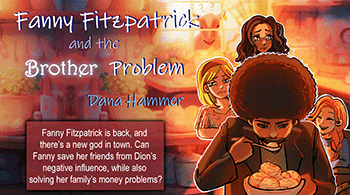
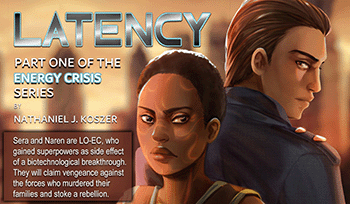
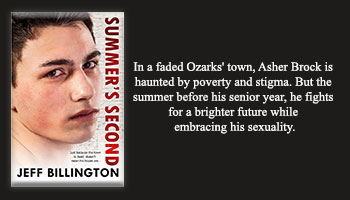
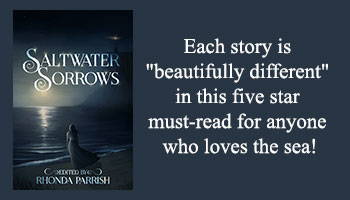



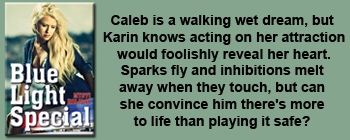


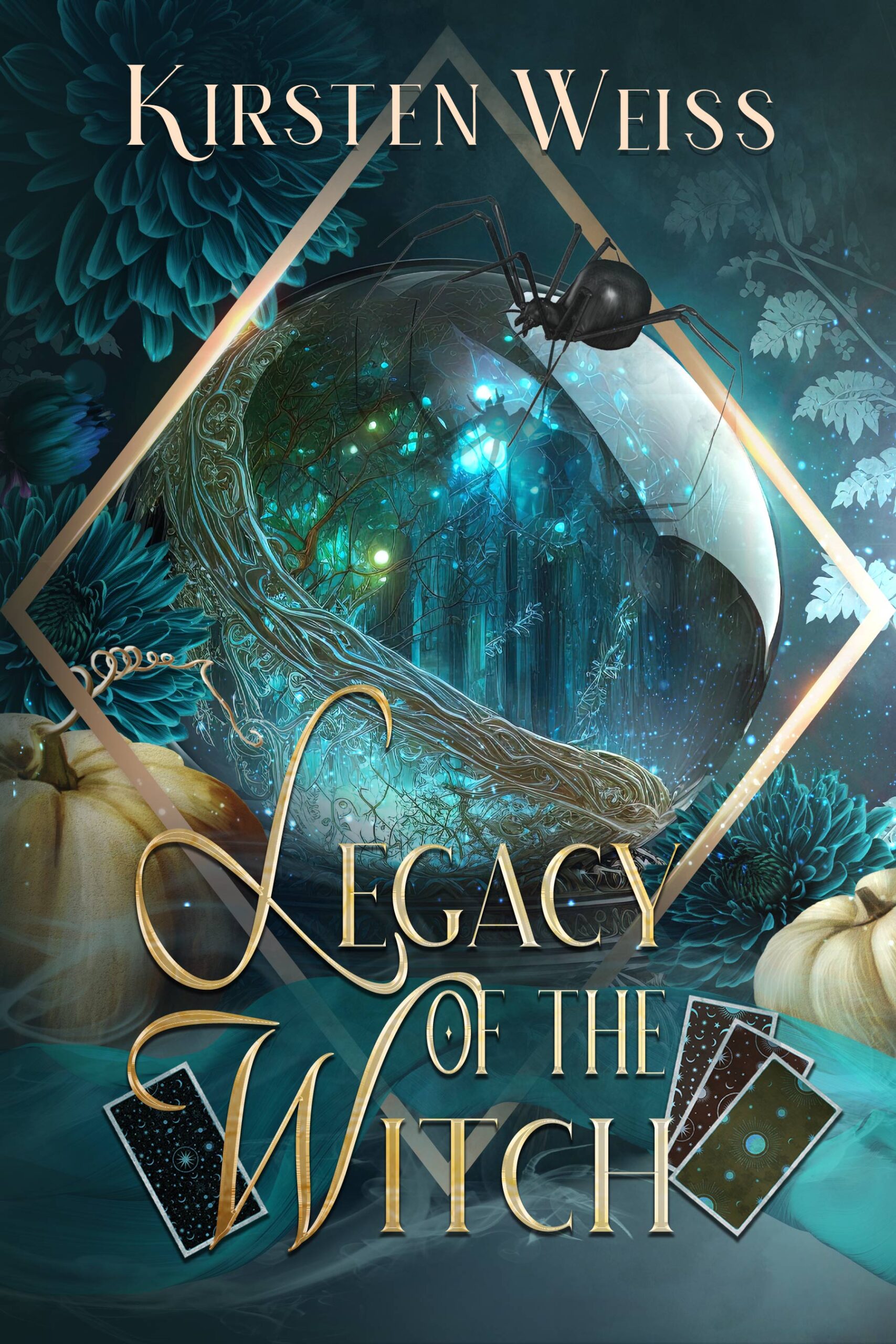
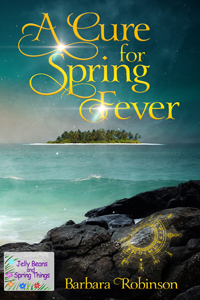
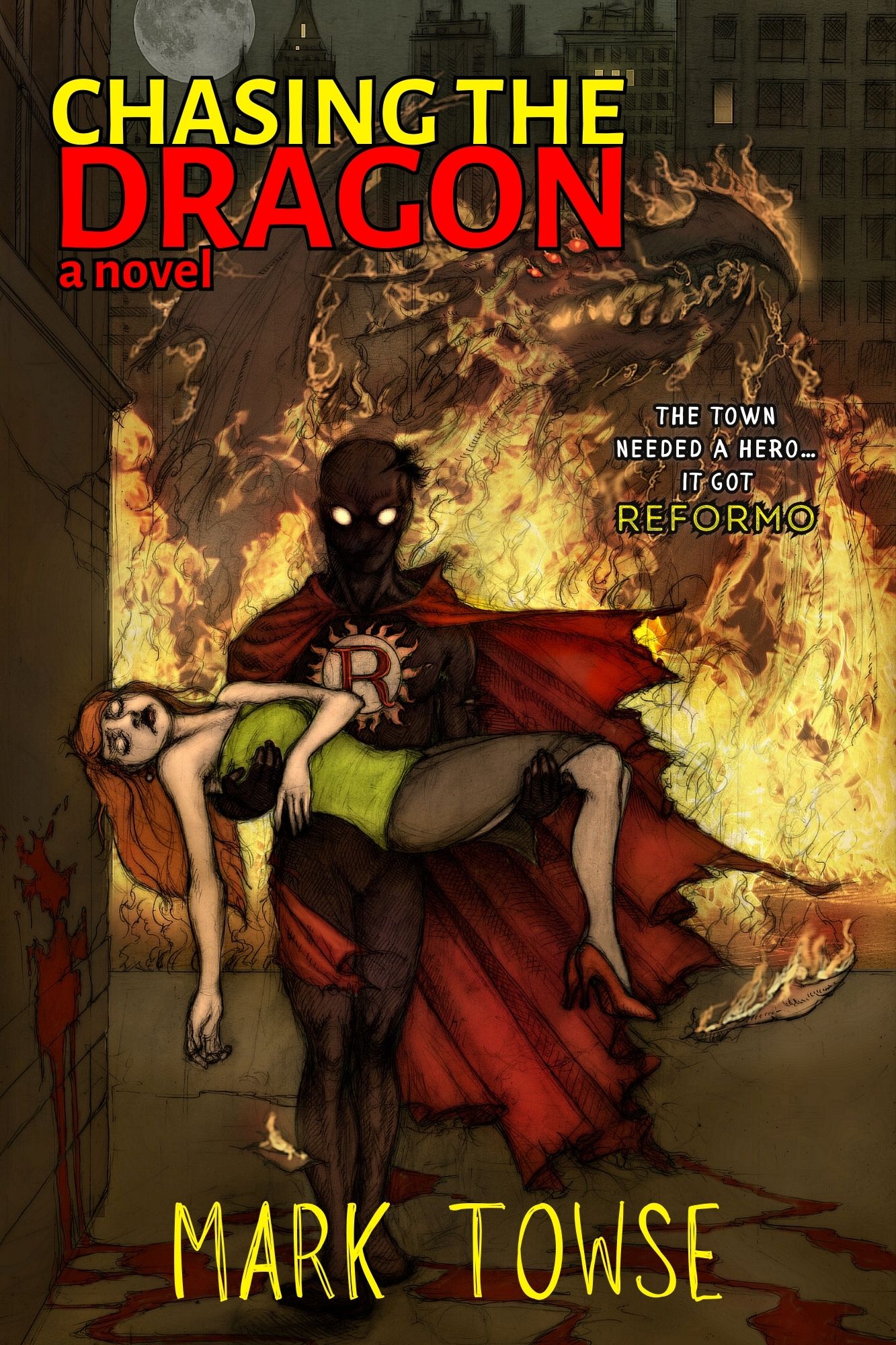
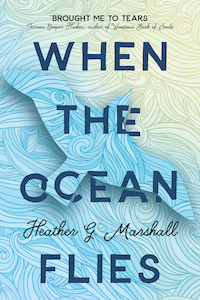


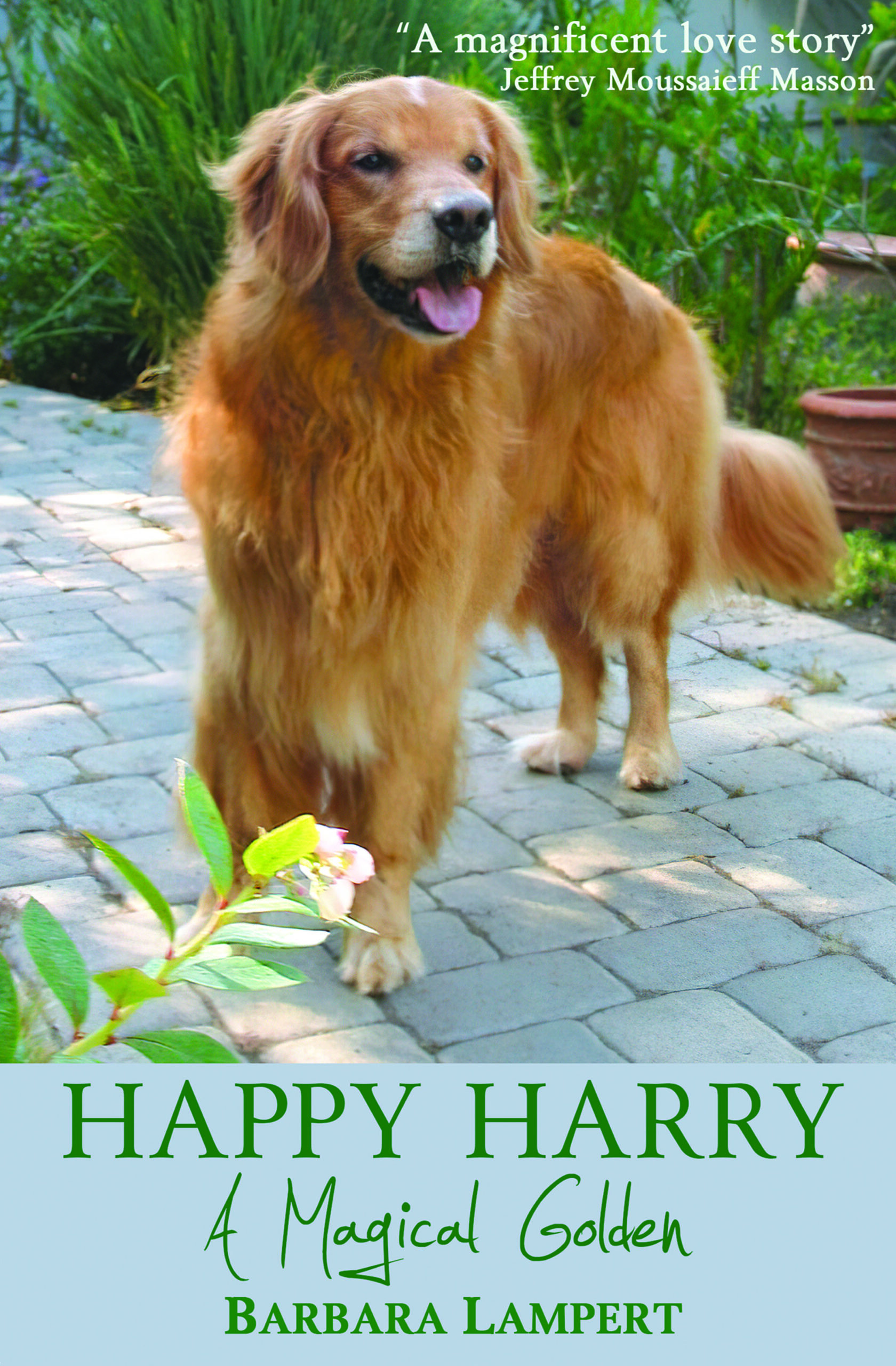

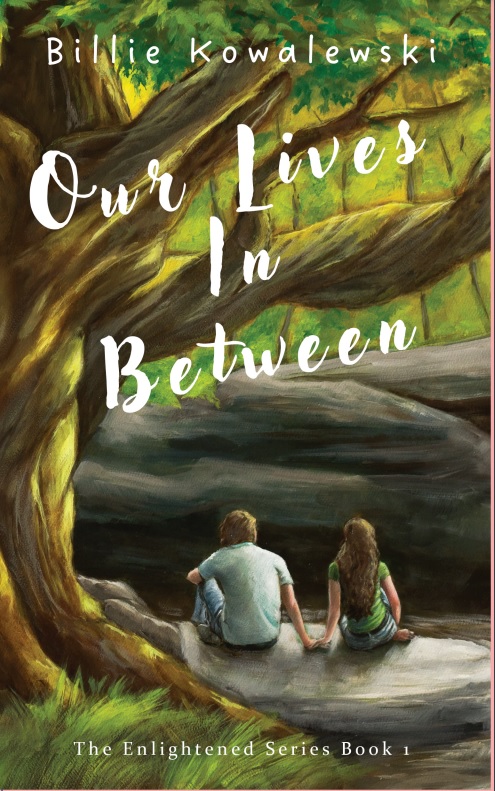
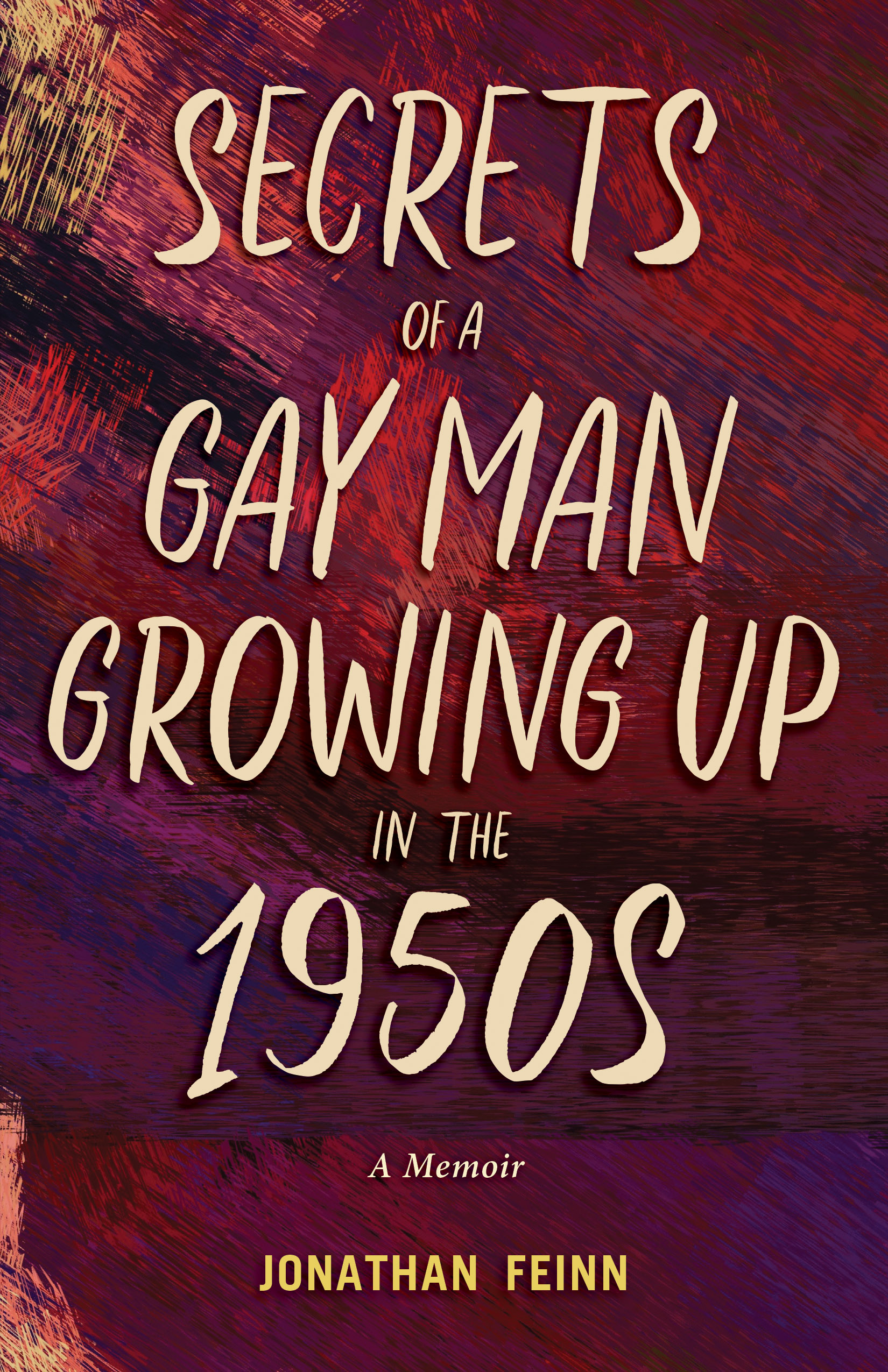
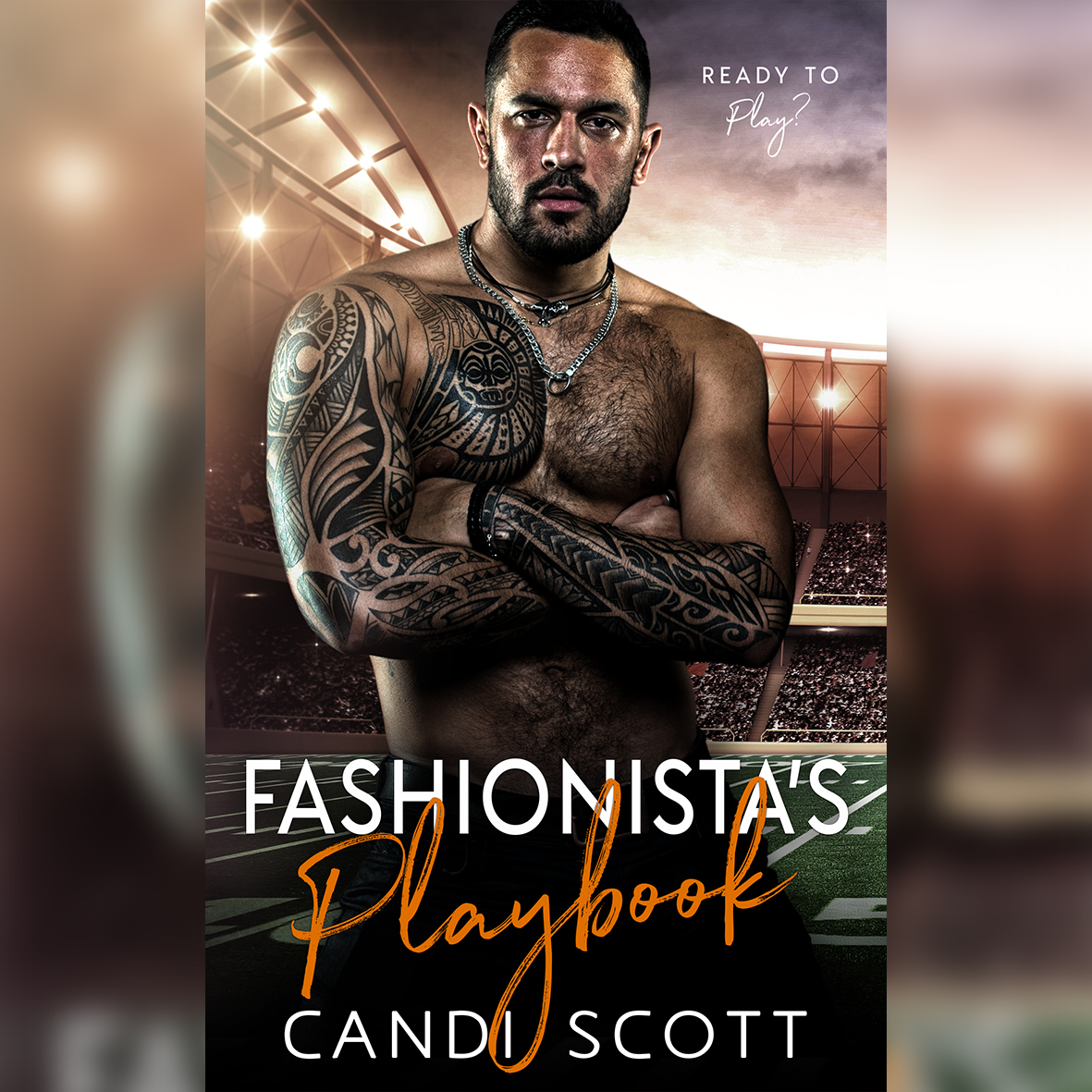


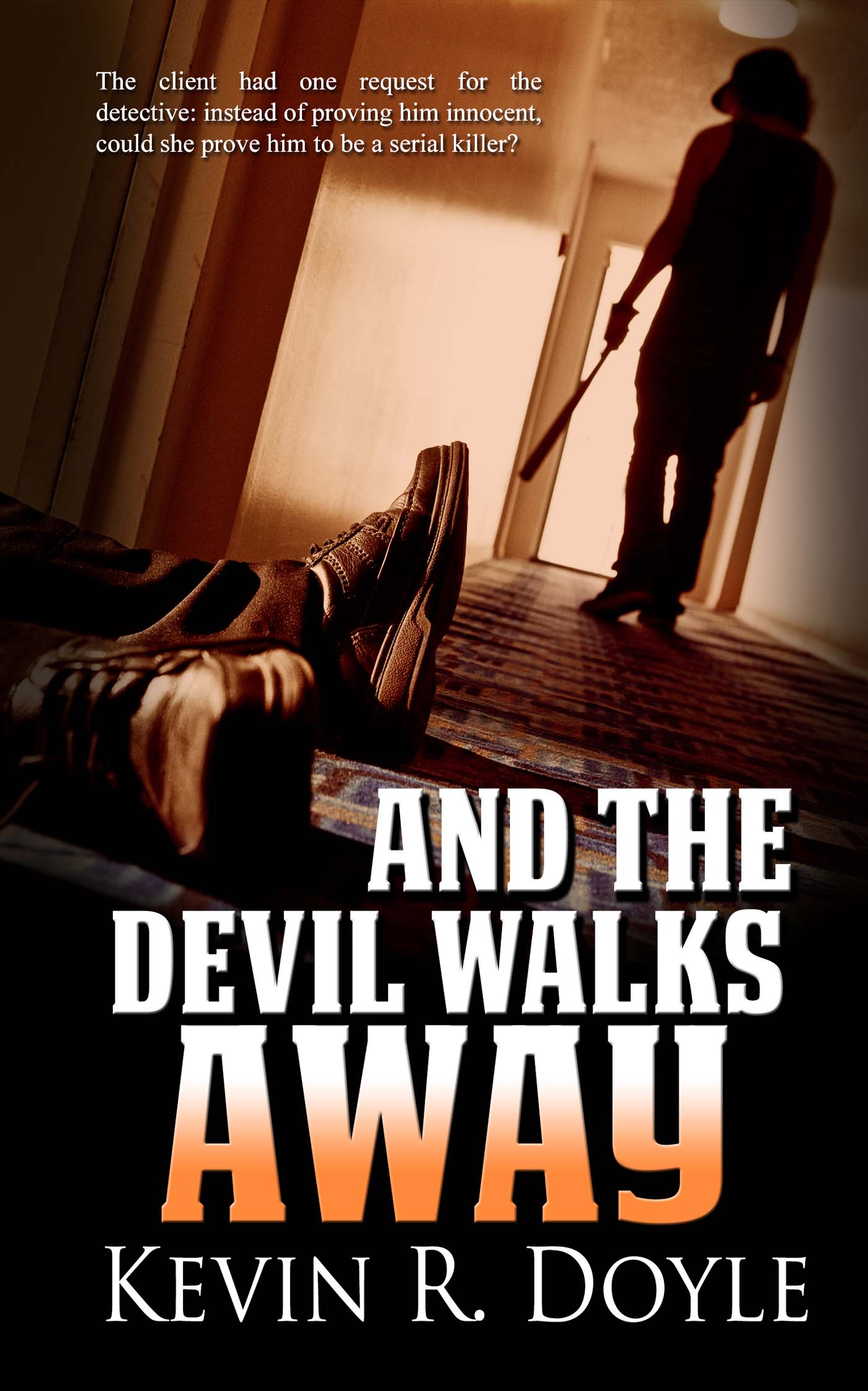

Thanks for hosting!
Charlene, this book sounds amazing! I can’t wait to curl up with my coffee & dive into it!
Which character in your book do you feel the closest connection to, and why?
Thank you, Long and Short Reviews, for hosting my story. I enjoyed thinking and then writing the post on “Handling Negative Criticism”. I hope some of your readers find it useful.
Tracie, thanks for your question and for following the tour. I suspect each author feels closest to their protagonist, since they live in that character’s head more than the others.
The cover looks really good. Sounds like a good story.
The book sounds very intriguing. Thanks!
Coffee is one thing I like to have while I am reading. Is there something that you like to have while reading or writing?